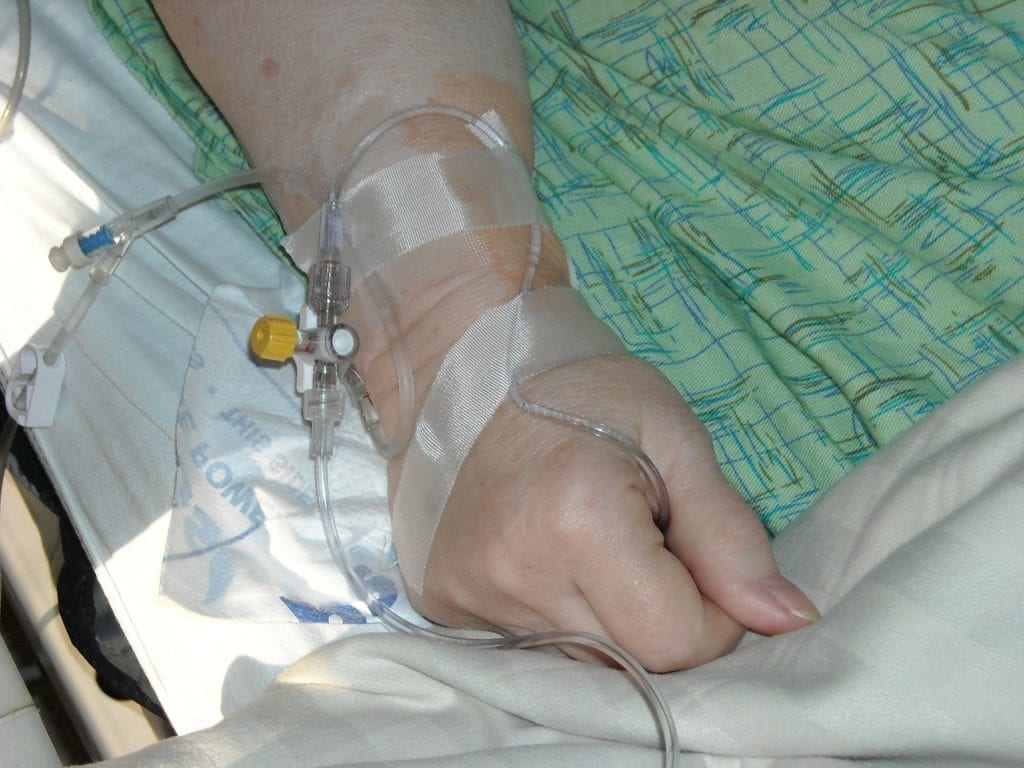According to a story from healthline.com, many cancer survivors that have been treated with chemotherapy wind up facing significant challenges after their treatment. One such example is a phenomenon known as “chemo brain,” or cancer-related cognitive impairment (CRCI) a condition in which mental functions such as memory become impeded. As such problems become more widespread, researchers are searching for ways to manage the after effects of chemotherapy treatment.
About Chemotherapy
Chemotherapy is a frequent standard of care for many types of cancer, and it is commonly used to treat both common and rare cancers. It is also one of the earliest forms of treatment for cancer that is still in use today, as it was originally developed in the mid 20th century. Although more advanced treatment approaches have been developed since the introduction of chemo, it is still a valuable part of treatment for many rare cancer patients. With that said, chemotherapy has some notable disadvantages.
For one, many tumors can eventually develop resistance to it. The other major problem is that chemotherapy is introduced on the systemic level through the blood stream. This means that the rest of the body is exposed to the chemotherapy agents. These agents are essentially poisons that are toxic to cells by inhibiting their ability to propagate, and they do not discriminate between cancer and normal cells. The result is that chemotherapy has wide ranging and systemic side effects that can be extremely damaging for the patient.
About Cancer-Related Cognitive Impairment (CRCI)
These effects do not necessarily end with treatment either. CRCI is an example of a long term condition that results from chemo. About 30 percent of people who are treated with chemo report experiencing cognitive difficulties. It is also prevalent among rare cancers as well, such as ovarian cancer. Symptoms include difficulties with memory, coordination, and attention.
More Study Needed
Unfortunately, little research has been done on CRCI; some studies suggest that the kind of cancer and other treatments could also play a role. One issue is that the condition can be difficult to measure, and scientists want to develop a new method in order to do so. This would make study of CRCI much easier.
Awareness of CRCI is also poor; Heather Von St. James, who survived mesothelioma, had noticed the symptoms but did not realize that she had the condition until she got in touch with another cancer survivor who was experiencing similar problems. Clearly, more must be done to address the after effects of chemo as the number of cancer survivors in the US continues to rise.






